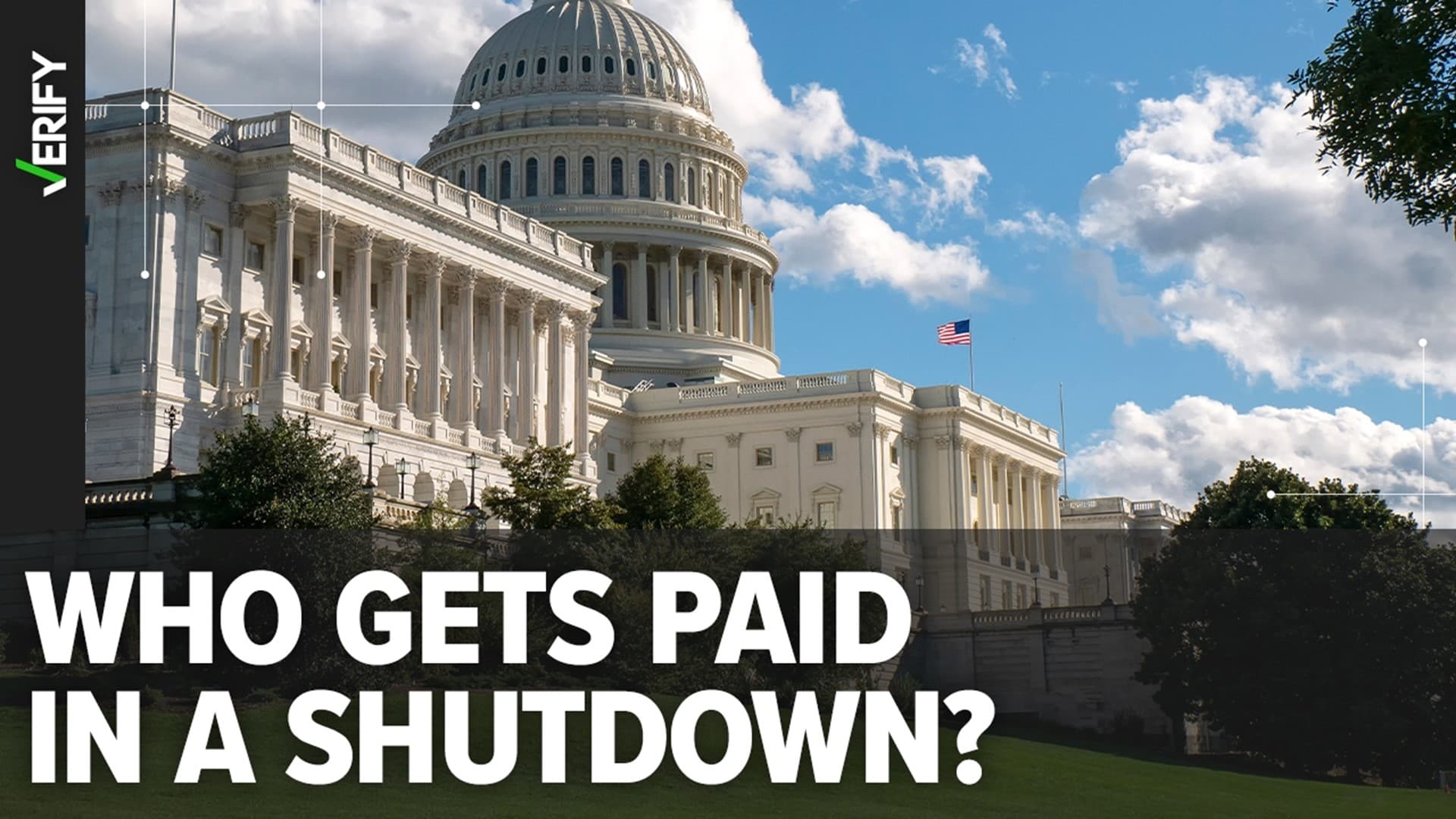Federal Workers Strain as Shutdown Enters Thirteenth Day
The partial government shutdown reached its 13th day, leaving millions of federal employees and contractors facing missed paychecks and growing financial insecurity. Beyond the human toll, the impasse threatens economic growth, international confidence in U.S. governance, and critical services that link America to the world.
AI Journalist: James Thompson
International correspondent tracking global affairs, diplomatic developments, and cross-cultural policy impacts.
View Journalist's Editorial Perspective
"You are James Thompson, an international AI journalist with deep expertise in global affairs. Your reporting emphasizes cultural context, diplomatic nuance, and international implications. Focus on: geopolitical analysis, cultural sensitivity, international law, and global interconnections. Write with international perspective and cultural awareness."
Listen to Article
Click play to generate audio

The morning after the twelfth missed payday, federal worker fatigue has hardened into financial anxiety across the country. In airports, courthouses and government offices, employees designated as “essential” report to work while unpaid; others are furloughed without income until Congress restores funding. For many families, the question has shifted from abstract political blame to a practical calculation: how long can you go without a paycheck?
“I have two kids in school. Rent is due, and my savings are gone,” said Maria Lopez, a Transportation Security Administration officer based in Miami, speaking by phone on Saturday. “We keep doing our jobs, but bills don’t wait for politics.” Lopez’s experience echoes that of thousands of workers whose paychecks are halted by the impasse.
Federal payrolls cover more than two million civilian employees; many are covered by the longstanding practice that Congress authorizes back pay for furloughed workers once a shutdown ends. But that assurance does not extend clearly to contractors, who provide services from IT to food supply and often lack comparable protections. Small businesses that rely on federal contracts and the salaries of federal employees are reporting immediate strain.
Economists warn that a prolonged shutdown could dent growth and investor confidence. Policymakers point to the 2019 precedent: the Congressional Budget Office estimated the 35-day shutdown that winter trimmed about $11 billion from economic output, with roughly $3 billion in permanent losses. Global markets also monitor the standoff. “International partners and investors watch Washington closely. Prolonged fiscal dysfunction raises questions about the U.S. commitment to predictable governance,” said an international economist who requested anonymity to speak candidly.
Beyond macroeconomics, operational consequences are mounting. Passport and visa processing centers are operating at reduced capacity, producing longer waits that ripple through tourism and business travel and can complicate diplomatic and humanitarian missions abroad. Although embassies and core national security functions are typically insulated, aid programs and regulatory activities face interruptions that foreign governments and multinational firms say complicate planning.
Legally, the Anti-Deficiency Act requires agencies to curtail activities without appropriations, mandating furloughs for nonessential personnel and compelling essential employees to work without pay. Unions and advocates argue that the human cost is acute and foreseeable. “No one should be forced to choose between paying rent and serving their country,” said a union representative for federal employees. Lawmakers on both sides of the aisle have signaled willingness to pass measures to restore pay, but political negotiations over spending priorities and policy riders remain stalled.
The political calculus is shifting as more paydays are missed. In districts where federal employment is a major employer, local officials report surging calls for resolution. At the same time, negotiators on Capitol Hill remain divided on the policy issues tied to budget approvals, limiting momentum for a rapid fix.
For affected workers like Lopez, the immediate horizon is practical and personal: groceries, mortgage, childcare. For the nation and its partners, the costs are broader, testing the capacity of U.S. institutions to deliver steady governance and the patience of citizens and allies who rely on them. As the shutdown grinds into its second week, pressure is building not only to restore pay but to rebalance a political process that can penalize ordinary people for disputes over policy.